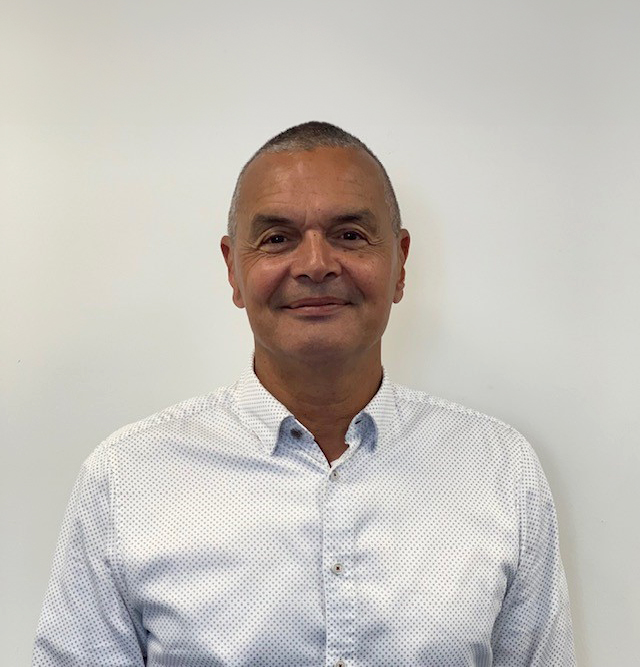
Sustainable acceleration for longer-term viability
Alexander Becks - Head of Real Estate Management
By cutting back on the use of fossil energy resources, Royal IHC aims to contribute towards achieving UN Sustainable Development Goal 13: Climate action. Alexander Becks, Head of Real Estate & Facility Management, explains that developments at Royal IHC in terms of sustainable business practices – and with that his day-to-day agenda for sustainable operations – are driven primarily by domestic and international laws and regulations on this topic. Much to his delight, Becks has seen the sustainability mindset grow at Royal IHC:
“While a sustainability mindset may seem like something that is ‘nice to have’, it is actually something we ‘need to have’, as it partly determines whether you are competitive in the market and whether your business is also viable for the longer term. After all, customers as well as governments and industry regulators all increasingly let their opinions and preferences be guided by companies’ sustainability credentials. In fact, the term ‘sustainable business practices’ literally says it all, it’s about your business being sustainable for the long term.”
Royal IHC is fully invested in the process of going sustainable by weaning its operations off natural gas and switching to electricity (from renewable sources).

Since cutting back our energy consumption is also high on the agenda, we now switch off the lights in unused offices and other spaces and have turned the heating down a notch. The energy we don't consume as a result will not have to be generated from energy resources. This kind of measure raises awareness of sustainable operations among our employees. At the same time, however, all employees do also deserve to have a comfortable workplace that, of course, also offers the required safety.
Alexander Becks - Head of Real Estate Management
To replace fossil fuels with non-fossil energy resources for the energy supply for its equipment, the company is also considering hydrogen and methanol as alternatives. This energy transition does, however, place new demands on employees, the infrastructure, and the local communities and environment. Hydrogen and methanol are high-risk substances, and their use is subject to various environmental permits that the company would have to apply for. This is just one example of how the Real Estate & Facilities Management department’s work is partly conditioned by laws and regulations.
Market trends and Royal IHC's sustainable policy
But it is not just official rules that steer Royal IHC’s sustainability policy: so do market trends. Becks explains: “I keep a close eye on the direction the market is heading. In 2022, for example, rising energy prices and inflation of other resources affected the market. Good business practice is all about anticipating future developments in the slightly longer term; let’s say three to four years from now. This will give you some protection against external shocks. Last year, for example, we reaped the benefits of having covered part of our electricity and natural gas needs through advance procurement in the futures market. However, as we are now also seeing, you can never fully protect yourself against such extremely high levels of inflation.”
At Real Estate & Facility Management, there is more to the sustainability policy than just the energy transition and providing a comfortable, safe workplace. Reducing waste production and more eco-friendly disposal and processing of single-stream waste are also key focus areas (single-stream waste means that waste has been pre-sorted into separate streams of different types of waste, which makes the waste easier to process). Waste reduction and more efficient recycling are key not only from the point of view of sustainable business practices, but also because of the cost saving opportunities involved.
Accelerate transition due to steeply rising prices
Talking about costs, operational facility maintenance, procurement, and services all became considerably more expensive in 2022 due to the war in Ukraine. Becks say: "Steeply rising prices were an incentive for us to accelerate our transition towards sustainable business practices at a number of our sites. Improvements need not all be grand or drastic. Smaller initiatives are sometimes also effective in practice. We have an annual warm jumper day every February, for example, when employees wear warmer-than-normal clothes to work, and we can turn the thermostat down a notch. Every little bit helps, and this, too, raises awareness of our sustainability goals among employees. I should add, however, that our people have become more engaged on sustainable options as they are also confronted with these issues at home because of the high energy prices and the rising cost of living due to the war in Ukraine.”

Stay up to date
Wondering what we at Royal IHC are up to? Sign up for our newsletter where we highlight our latest innovations, news and our strategy on sustainability.